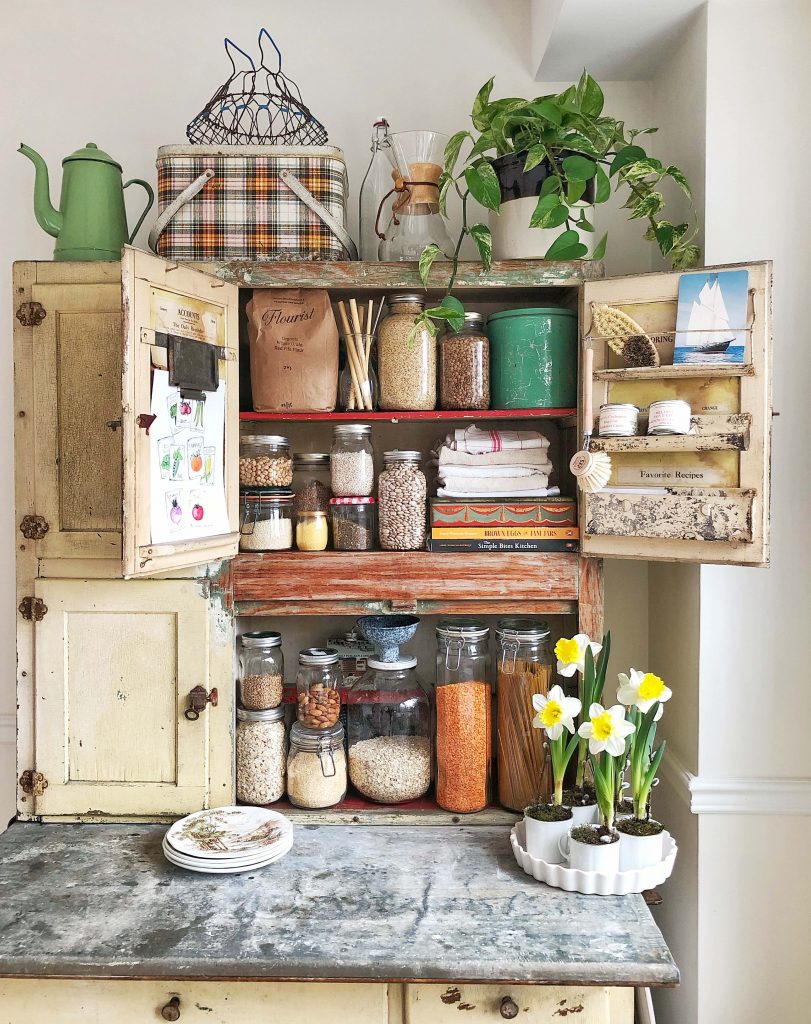
Zero-waste cooking is an environmentally conscious approach that aims to minimize the generation of kitchen waste. By adopting sustainable practices, you can reduce your ecological footprint and contribute to a healthier planet. Here are some tips for zero-waste cooking:
Meal Planning:
- Plan your meals to ensure that you use ingredients efficiently and reduce the likelihood of food spoilage.
- Make a shopping list based on your meal plan to avoid impulse purchases and unnecessary packaging.
Use Every Part of Ingredients:
- Get creative with vegetable scraps and use them to make broths, stocks, or compost.
- Utilize fruit peels and citrus zest for flavoring dishes, infusing water, or making homemade cleaning products.
Composting:
- Set up a composting system for kitchen scraps, such as fruit and vegetable peels, coffee grounds, and eggshells.
- Compost can be used to enrich soil in gardens or potted plants.
Buy in Bulk:
- Purchase staples like grains, legumes, and spices in bulk to minimize packaging waste.
- Bring your own reusable containers to stores that offer bulk bins.
Reusable Containers and Bags:
- Use reusable containers for food storage instead of disposable plastic wrap or aluminum foil.
- Bring your own reusable bags for grocery shopping.
Choose Sustainable Packaging:
- When buying packaged goods, opt for products with minimal and recyclable packaging.
- Look for items in glass, metal, or cardboard packaging over plastic.
Preserve Fresh Produce:
- Learn various methods of preserving fresh produce, such as pickling, fermenting, or freezing, to extend their shelf life.
- Make jams or sauces to use up fruits that are becoming overly ripe.
Proper Storage:
- Store food properly to extend its freshness and reduce waste. For example, keep vegetables in the crisper drawer and store dry goods in airtight containers.
- Label and date leftovers to ensure they are used before they spoil.
Repurpose Leftovers:
- Get creative with leftovers by incorporating them into new meals or transforming them into snacks.
- Use leftover vegetables in stir-fries, omelets, or soups.
DIY:
- Make your own condiments, sauces, and dressings to reduce packaging waste.
- Create your own spice blends rather than buying pre-packaged mixes.
Mindful Cooking:
- Be mindful of portion sizes to avoid overcooking and generating unnecessary leftovers.
- Serve smaller portions and allow people to take seconds if they’re still hungry.
Educate Yourself:
- Stay informed about local recycling and composting programs to ensure you are disposing of waste responsibly.
- Share your knowledge and encourage others to adopt zero-waste practices.
By incorporating these tips into your cooking routine, you can significantly reduce kitchen waste and contribute to a more sustainable and environmentally friendly lifestyle.